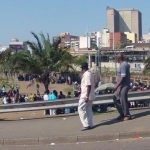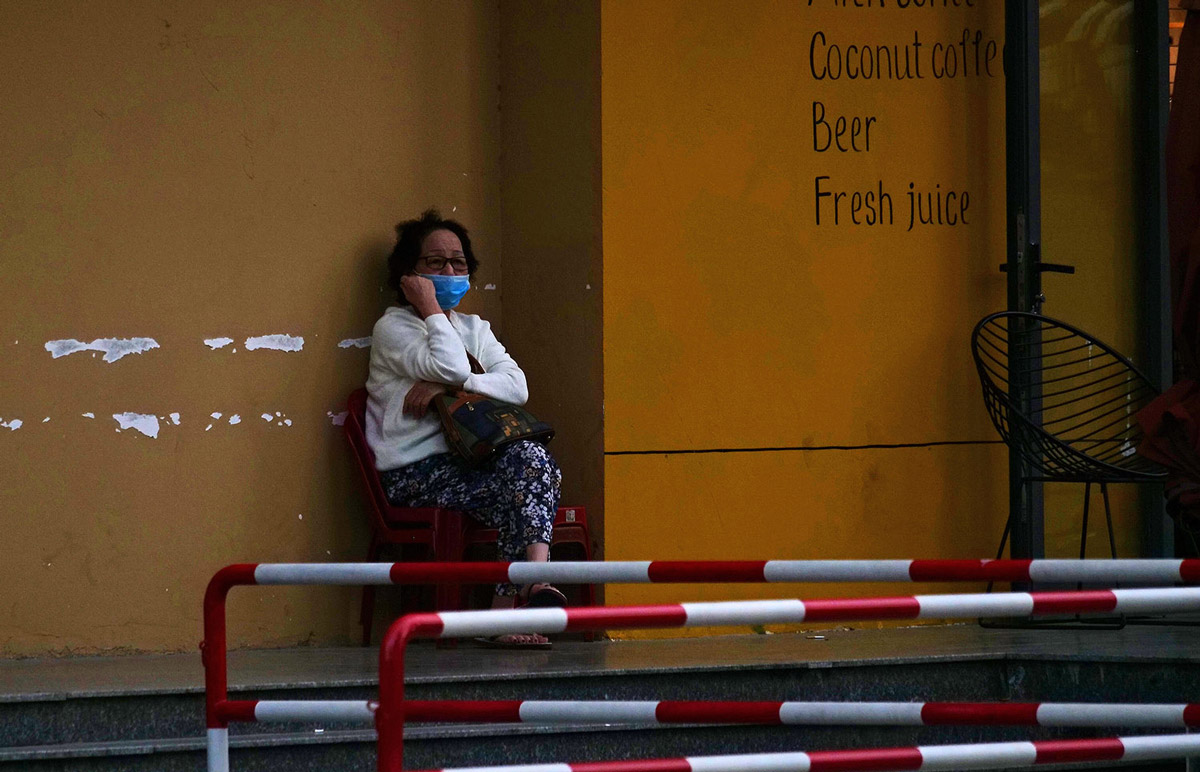Living in a World Heritage Site is not easy as was dramatically highlighted in a case of a young man, Muzi Mthembu, convicted in 2013, for his role in the development of an unauthorised tourism camp in Bhanga Nek. Also known as KwaDapha, Bhanga Nek, is situated on the shores of Kosi Bay’s third lake in a remote northern section of the iSimangaliso Wetland Park. These stories formed part of a broader Roving Reporters case study: Bhanga Nek Developments and Demolitions.
-
iSimangaliso targets Bhanga Nek resident for building a lodge in the World Heritage Site
-
iSimagangliso versus Men of Straw
-
Where’s our share?
-
Mythical powers of muthi pitted against the law
Swinging free one day, in jail the next
“We have a responsiblity to the world” – iSimangaliso
At the time of writing, iSimangaliso declined to comment on the Muzi Mthembu trial, but stated that unauthorised tourism camps in Bhanga Nek (KwaDapha) amount to ‘economic theft’ and jeopardise sustainable tourism initiatives that could benefit the community.
“If we did not address illegal developments we would be failing in our commitments and responsibilities to the people of South Africa, to future generations – and to the world,” said iSimangaliso chairman, Mavuso Msimang.
Msimang said once the legal processes around unauthorised developments had been completed, development of KwaDapha “will be rolled out in much the same way as other areas of the Park, where year on year iSimangaliso has spent some R125 million and created some 3 500 temporary jobs.”
That was in 2013. What tourism developments have since taken place in KwaDapha is a question begging an answer.
- Students who conducted fieldwork for the Bhanga Nek Developments & Demolitions case study and associated coverage of Muzi Mthembu’s trial included Durban University of Technology journalism graduates, Nosipho Mngoma, Nomfundo Xolo, Anathi Teyise, and Ndabehlenhle Mthembu. Two Varsity College final year students, Zizipho Madondo and Chelsea Taylor, completed the coverage of the Muzi Mthembu trial.










